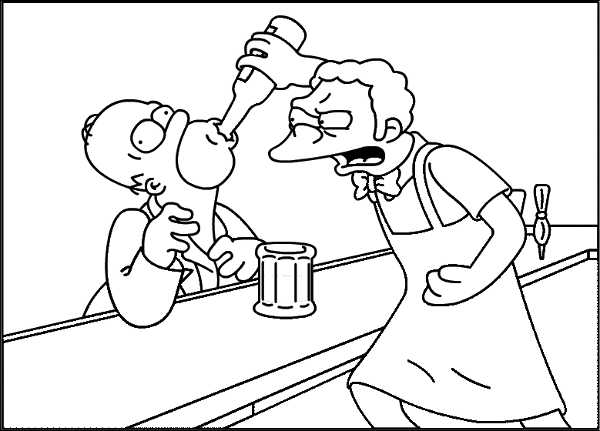FWP:
SETS == I AND; MULTIVALENT WORDS ( yūñ )
GATHERINGS: {6,3}
VOWS: {20,2}
WINE: {49,1}
ABOUT yūñ : The use of yūñ is elegantly multivalent. Did the speaker come away thirsty 'thus, like this',
or 'casually, for no particular reason', or 'vainly, idly', or 'to please
himself' (see the definition above)? Each possibility opens a new and piquant interpretive direction, and (naturally!) we
are given no way to choose among them. Some similarly multivalent uses of yūñ : {30,1}; {98,8}*; {180,1};
{191,4}; {201,3};
{201,4}; {208,11};
{210,2}; {219,2};
{225,1}; we find a case of yūñ bhī in {35,5}. And its intensive
or emphatic form, yūñ hī , also occurs: {111,16};
{168,3}; {311x,6}. (In {116},
the refrain of kih
yūñ seems basically to mean 'like this', although in some verses it could be more multivalent.) Compare the somewhat similar use of ḳhālī in {50,2}.
This small ghazal has no opening-verse; unusually but not uniquely, it begins just with an ordinary verse.
What a disgrace, and how completely unacceptable! Not only was the speaker not himself last night, but the Cupbearer was obviously not himself either. After all, we know from {12,2} that the Cupbearer is a 'sea of wine', and that the true drinker is 'the stretch of the shore', and that thirst [tishnah-kāmī] is felt according to the drinker's 'capacity' [z̤arf], so that it becomes a measure of his worth. How could both the Cupbearer and the speaker/lover have acted so contrary to their best selves, as to permit the lover to leave the wine-party with his thirst still unslaked?
No doubt the speaker might have briefly been deluded enough to swear off wine, but if he forgot his proper role, was that any excuse for the Cupbearer to forget his own? And in fact, it's possible that it was the Cupbearer's proper role to prevent the speaker from swearing off wine in the first place; the juxtaposed phrases in the second line are very open to this reading as well, since they're both in the past perfect.
Really a most embarrassing occasion, so that the speaker feels both
self-reproach and a sense of grievance against the Cupbearer's negligence.
The Cupbearer has been negligent on some other occasions, as in {21,6}; but usually his performance is superb, as
in {18,1}. Something must be done to make
sure such a terrible faux pas will never recur. (For more on the idiomatic
expression 'I and' see {5,6}.)

Hali:
That is, why didn't he make me drink by force?
==Urdu text:Yadgar-e Ghalib, p. 141